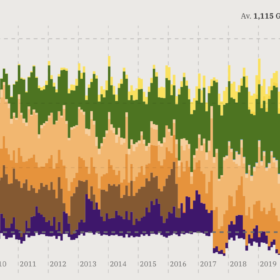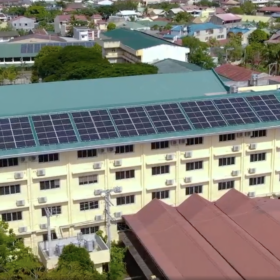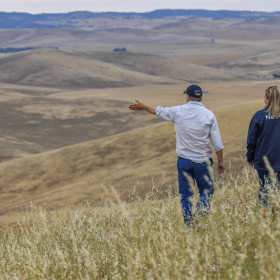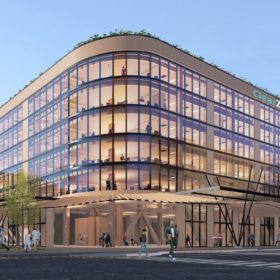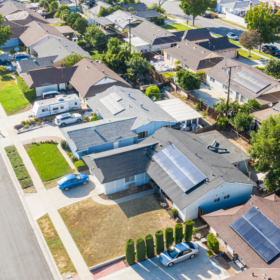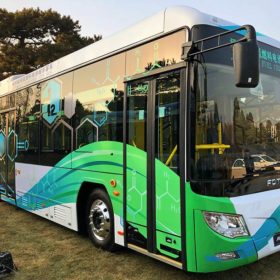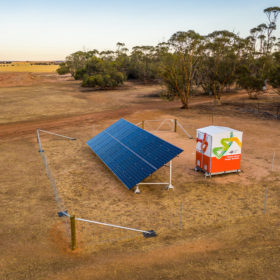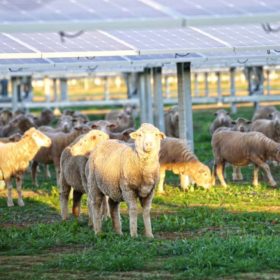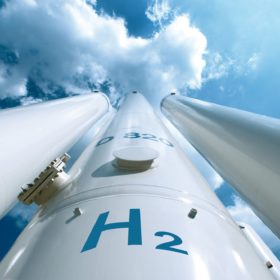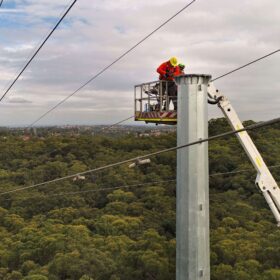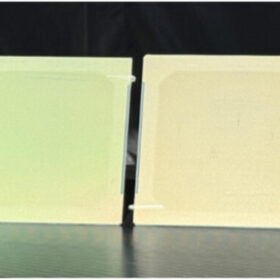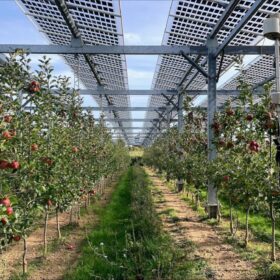One shining week in SA: state runs for 6.5 days on renewables
For just shy of a week leading up to December 29, South Australia sourced an average of 101% of its electricity demand from renewable energy.
Aussie developer completes Philippines university installation as it moves into burgeoning market
The Philippines arm of Australian renewable developer Maoneng has completed a 202.4 kWp installation on the rooftop of the Wesleyan University Philippines.
Neoen starts work on its ‘most ambitious project’
French renewables developer Neoen has started early works on its Goyder Renewables Zone, just north of Adelaide in South Australia. When completed, the project is likely to be the country’s largest wind, solar and battery storage project.
Three major miners jump on electric train trend
In the past fortnight, Rio Tinto, Fortescue Metals, and now BHP Group have all announced they will buy electric trains to haul iron ore across Western Australia. All three companies will purchase their electric locomotives either from Progress Rail or Wabtec, both U.S based.
Modelling finds building with WA company’s solar windows nearly eliminate operational emissions
Western Australian solar window company ClearVue says it has proven its products can reduce buildings’ carbon emissions by as much as 90%, qualifying the technology for the world’s most comprehensive future building standards for energy performance.
New year, new rules
This year will see a suite of new rules introduced governing the sale and installation of rooftop solar. While the Clean Energy Regulator’s new rules will apply across the country, Victoria’s state government has also introduced its own set of additional ordinances – among them, a ban on door-to-door sales or cold-calling for solar, electricity and gas companies alike.
Foton, BOC to collaborate on scaling Australia’s hydrogen bus sector
Vehicle manufacturer Foton and gas company BOC have signed an agreement to develop the hydrogen bus sector in Australia and New Zealand, allowing technology they say is already “widely used” around the world to become affordable in a region where it is still nascent.
Farmers go off-grid as 19 solar-based standalone systems installed on WA’s southern coast
Western Australia’s state-owned electricity company Horizon Power has installed 19 solar + battery standalone power systems for farmers in Esperance on the state’s southern coast.
520 MW agrisolar + battery project proposed for the Hunter progresses
Lightsource bp, the solar arm of oil major BP, is proposing to build an ‘agrisolar’ project in the Upper Hunter region big enough to provide 4% of New South Wales’ (NSW) electricity demand.
Japanese giant to increase its green hydrogen production out of Brisbane
Eneos, Japan’s largest oil company, is set to increase its production of green hydrogen in Queensland in 2022.

